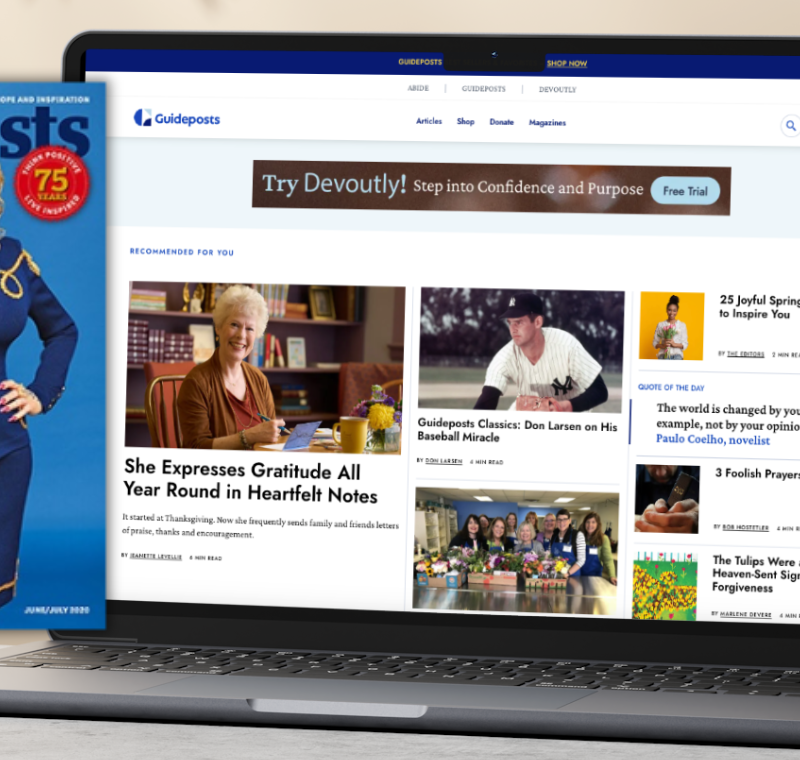Africa’s largest music streaming service on the transition to digital media
We spoke to Spinlet, the largest music streaming and download service in Africa, to find out about the latest music and media collaboration.
Spinlet CEO, Nkiru Balonwu, speaks to us at Spinlet HQ in Lagos. It’s a place where musical instruments adorn every possible space and some of the biggest artists in Africa frequently pop in just to ‘jam’. But with almost 2 million registered users to date, a growing international footprint, and its own YouTube comedy series now launched, Spinlet is bringing much more than just music to the media industry.
Please introduce us to Spinlet… (0:07)
Spinlet is a digital media and distribution company available via browser and app. Our primary focus is on Africa-centric music content, but we have a wide variety of other content available…Right now we have both streaming and download platforms for users. You can purchase individual songs and individual albums, and own them on your phone and listen to them offline. Or we offer an ad supported or an ad-free premium subscription service. So it’s really down to the user how they want to consumer their content – and then the artist takes a share of that revenue.
You need both great media content and great products & services (1: 08)
It’s interesting that traditional publishers are looking right now at ecommerce and micro-payment solutions, whilst the music industry is in many ways looking in the opposite direction. For years in the offline world, music companies made fortunes from CD sales – they realise they can’t do that anymore. Even when you look at the artists themselves they are less obsessed with selling singles: they are appearing on reality TV shows, they’re on panel shows, they’re creating a social media dialogue and a social media narrative around their music brand to keep people entertained. Track sales and ticket sales can still come if you engage in these techniques, but the reality is in the online world you need both great media content to engage people and great products and services to sell.
It’s about leveraging your brand across multiple revenue streams (2:00)
Again, it’s not about having one particular revenue stream. It’s about taking your brand and leveraging it across multiple platforms and multiple revenue streams. Whether you’re a publisher that’s into events, or selling tracks, or a food magazine that’s into selling recipes, you need to have that multiplatform approach. So we tell our artists to be really proactive on social media, go out and talk to the fans, engage with them, write posts, and from that engagement the track sales will follow.
Leveraging content for advertisers (2:45)
The most important thing for advertisers is that they’re able to reach – and engage with – consumers online. Particularly in an ad-blocking world, which has the whole industry in a panic right now. We’re able to provide that voice to them through our streaming service, and also in other ways like through the app, through video, through editorial. So at Spinlet we have such wonderful content like access to artists, backstage interviews, original video, it makes sense for us to grow the media side of our business and build successful and visible ad models around that content as well.
On international Licensing & Syndication… (3:21)
We don’t have in place any licensing and syndication agreements because our content comes from one single store in the library. Users simply download the app and whatever country they’re in, whatever part of the world, they’re good to start streaming and downloading our content straight away… And when you think about it, what that does is opens up the music industry at large for the frictionless sharing of music from country to country, breaking down that kind of US dominance of the global charts and bringing localised content to a global audience.
On Mobile… (4:29)
The opportunity for brands and media businesses alike is huge in Africa right now and mobile is the key. On the continent for example, the majority of people have little access to PCs, and internet penetration sits at just 18 per cent – compared to 80 per cent in the West – so this has led to people finding other ways to connect and that has led to a huge uptake in smartphone use. The key is to recognise how media is being consumed in Africa right now, but also to recognise and navigate global trends. Ad-blocking for example is a global problem, and the switch to mobile over desktop consumption is a global trend. So it’s taking a wider look at global consumption habits and make great content that fits local markets accordingly.
More like this
Africa’s biggest media company will fight Netflix for control of the global streaming market
FIPP Middle East & Africa event programme now live. Book today to save








